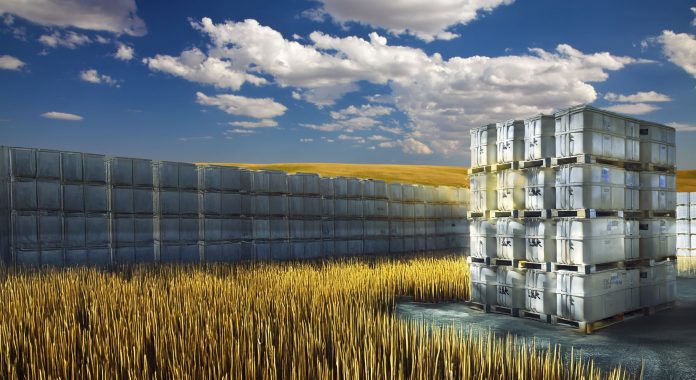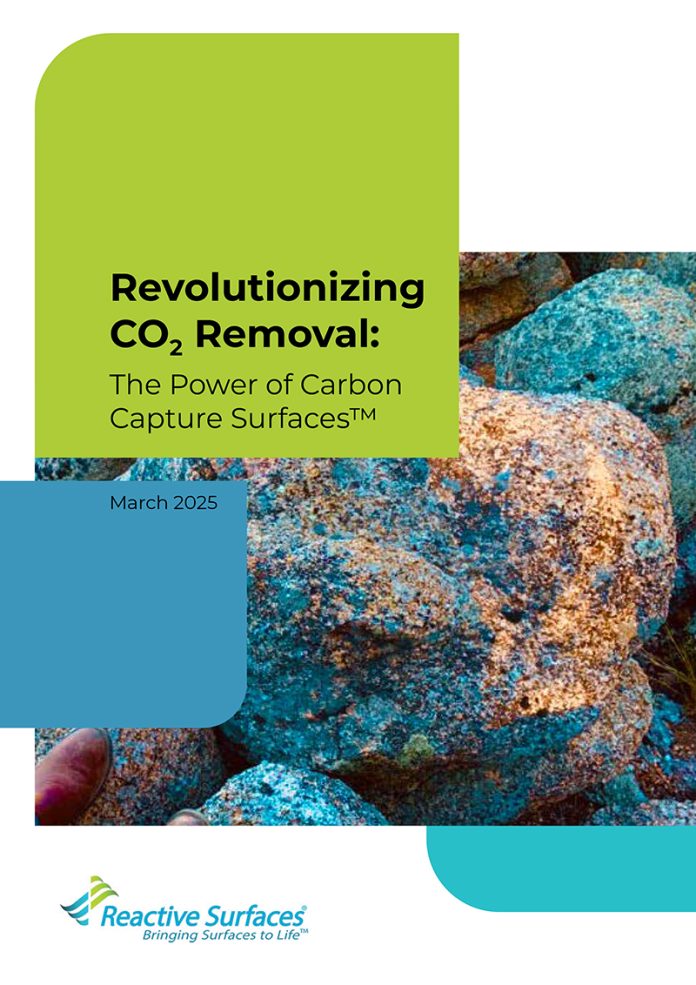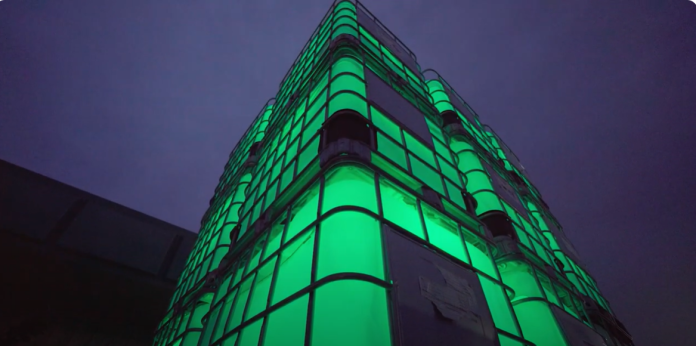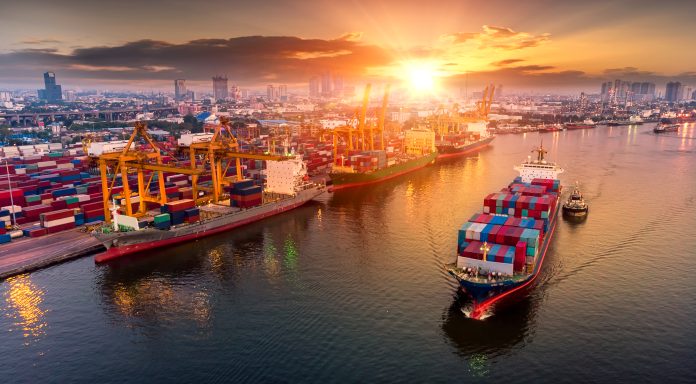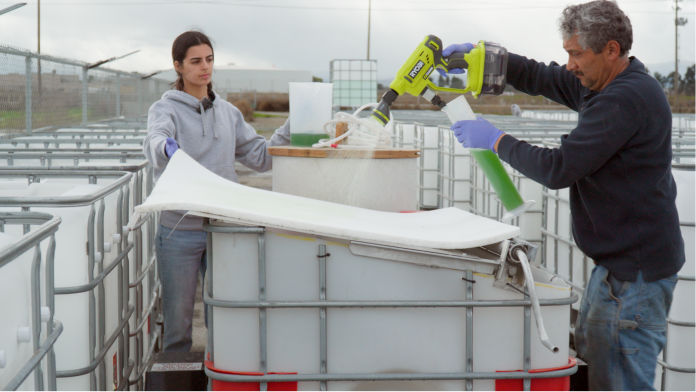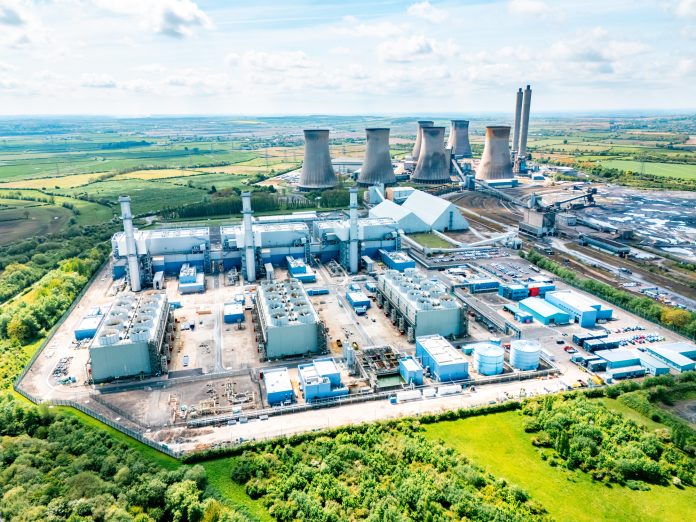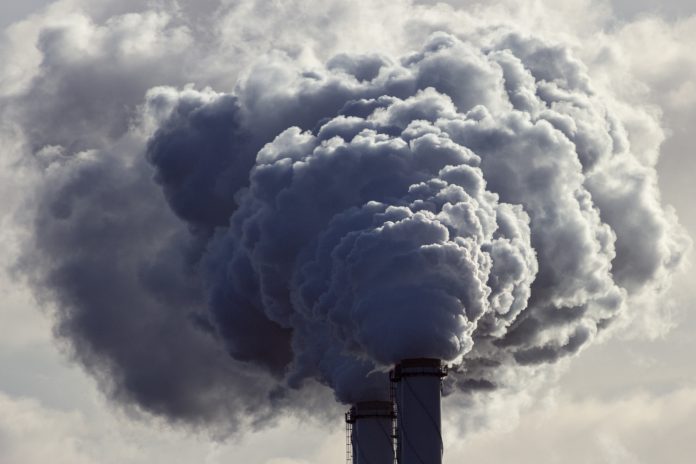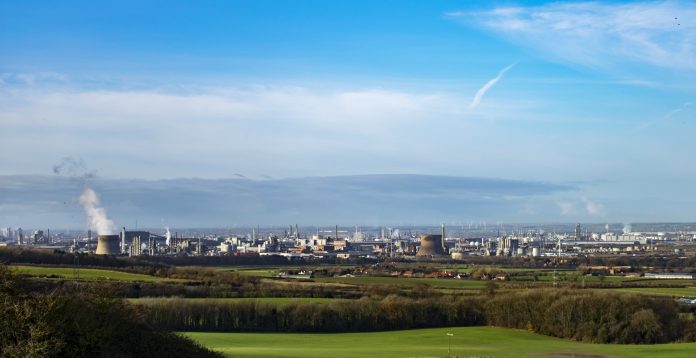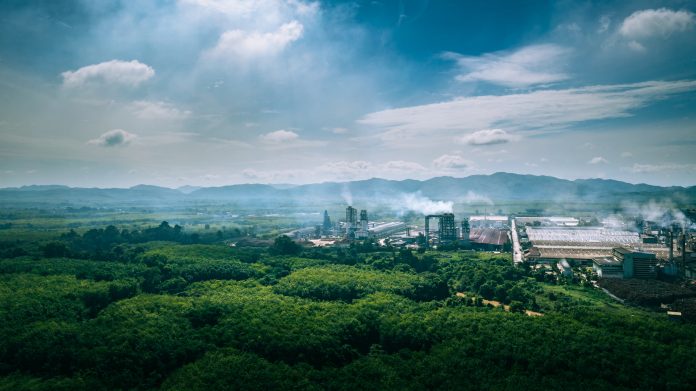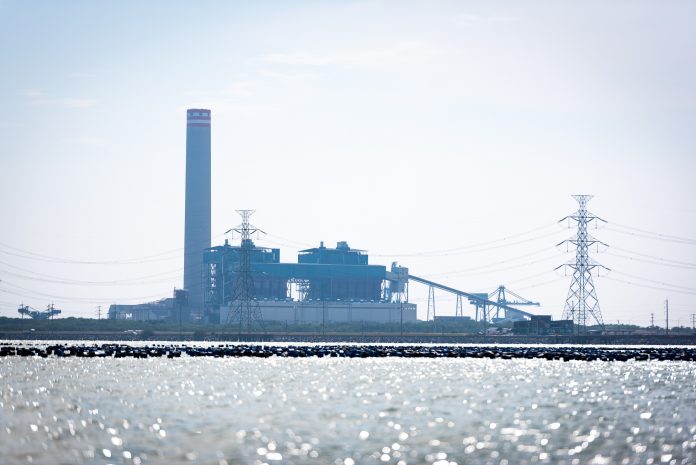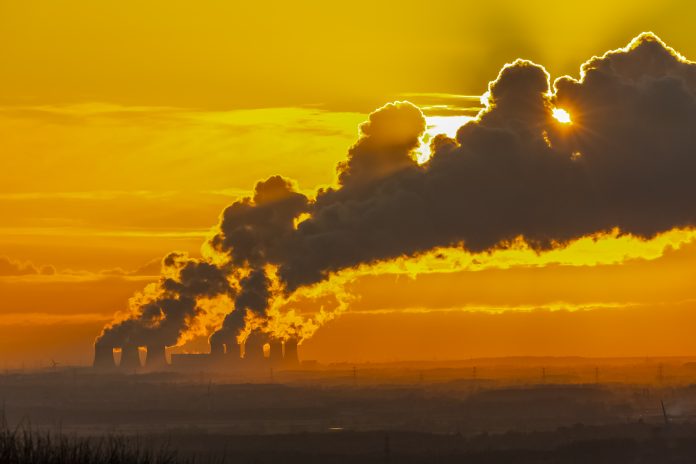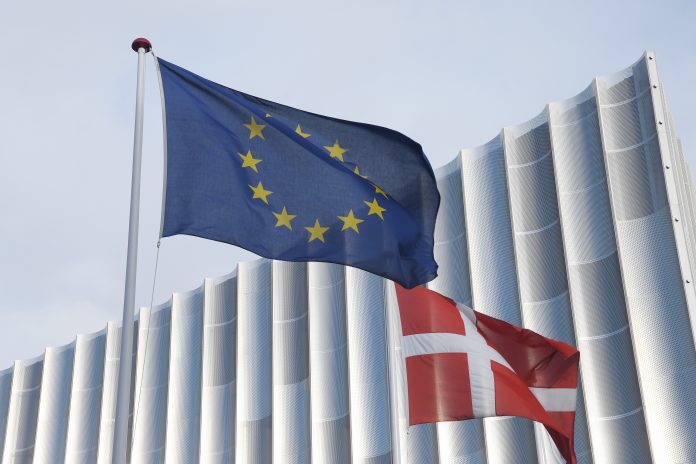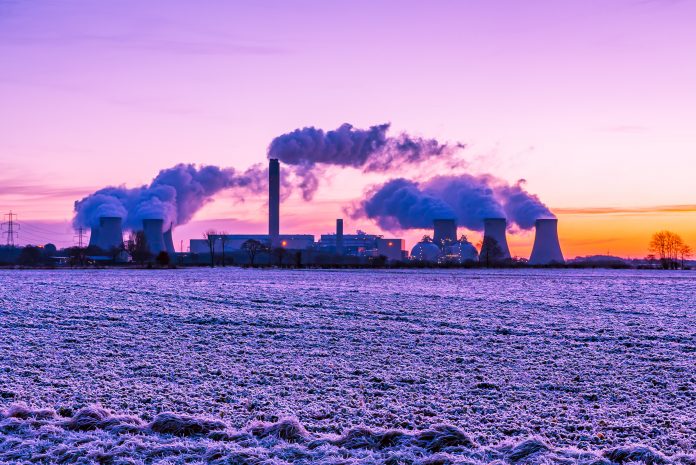Open Access Government produces compelling and informative news, publications, eBooks, and academic research articles for the public and private sector looking at health, diseases & conditions, workplace, research & innovation, digital transformation, government policy, environment, agriculture, energy, transport and more.
Home Search
carbon capture - search results
If you're not happy with the results, please do another search
Carbon capture surfaces: Supporting Canada’s agricultural sector and climate ambitions
Canada is positioning itself as a global leader in carbon dioxide removal (CDR) as it addresses climate change and creates economic opportunities for farmers. Beth McDaniel, JD from Reactive Surfaces explains how.
Revolutionizing CO2 Removal: The Power of Carbon Capture Surfaces™
As the world desperately seeks effective, scalable technologies to tackle climate change and prevent the ubiquitous harm that unchecked global warming will have on humanity, innovative carbon dioxide removal (CDR) technologies are becoming more essential than ever.
Carbon capture’s role in the pursuit of Net Zero
To what extent is Carbon Capture, Utilisation, and Storage becoming a critical technology in achieving Net Zero emissions globally? Nico Schmaeling at John Crane explains
How can carbon capture surfaces help the planet?
Beth McDaniel, JD, President of Reactive Surfaces highlights the potential of Carbon Capture Surfaces (CCS), an innovative and affordable of method using algae for CO2 removal, addressing the urgent need for scalable solutions to combat climate change.
Onboard Carbon Capture (OCC): The Everlong project
The maritime industry must decarbonise. Onboard Carbon Capture (OCC) offers a promising solution for mitigating emissions from existing and new build vessels. Here, the EverLoNG project demonstrates the feasibility of OCC, exploring its technical, logistical, environmental and regulatory aspects, paving the way for wider adoption.
Planetary boundaries threaten the viability of biomass crops for carbon capture and storage
New research raises concerns that Bioenergy with Carbon Capture and Storage (BECCS) may be more complicated than expected, especially considering its environmental impact.
Carbon capture surface: CO2 removal technology
Beth McDaniel, JD, Partner President from Reactive Surfaces Ltd. LLP, introduces us to Carbon Capture Surfaces, a CO2 removal technology that checks all the boxes.
UK’s first carbon capture project in Teesside
As the UK transitions into clean energy, they have now signed for the country's first carbon capture, usage and storage (CCUS) projects in Teeside.
Cytochrome Technologies Inc: The future of carbon capture and storage
Cytochrome: Accelerating cost-effective carbon capture and storage through ocean-based Enhanced Rock Weathering Technologies.
Vaisala fights greenwashing in carbon capture with new measurement tool
Let's stop greenwashing: Vaisala, a leader in environmental measurement technology, aims to bring clarity to the carbon capture industry with the launch of their MGP241 multigas probe
MPG241 measures carbon dioxide and humidity in point source and direct air carbon capture processes, and in different carbon utilization and storage projects.
This...
UK Government pledges almost £22bn for carbon capture projects
Sir Keir Starmer has announced £21.7 billion of funding for 2 carbon capture projects in Teeside and Merseyside over 25 years.
The challenges in scaling carbon capture technology
A recent study led by researchers at Imperial College London has revealed sobering realities about the pace at which technology to capture and store carbon dioxide (CO2) can be scaled up.
Carbon capture, utilisation and storage technology
Ruth Herbert, Chief Executive of the Carbon Capture & Storage Association, lifts the lid on Carbon Capture, Utilisation and Storage technology.
New negative emission technology in direct ocean carbon capture
Despite the ocean undertaking some of the largest climate change impacts, it also plays a part of the solution to reversing it. Researchers look to membrane contactors in direct ocean carbon capture.
Can clay be used for carbon capture?
Sandia chemical engineer Tuan Ho has led a team investigating the possibility of using clay for carbon capture.
Making carbon capture affordable and accessible (VIDEO)
Scientists from the Department of Energy's Pacific Northwest National Laboratory reveal their success in making carbon capture more affordable and widespread.
€1.1 billion to support Danish carbon capture and storage
Under EU State Aid rules, the European Commission has approved a €1.1 billion grant to support the Danish roll-out of carbon capture and storage (CCS) technologies.
The reality of carbon capture utilisation technology
Carbon capture technology is mostly marketed as a beneficial solution to the emission crisis, yet the technology in reality uses too much energy.
Supercharging biological carbon capture & food production
Richard T Sayre, Senior Research Scientist at New Mexico Consortium in the U.S., walks us through engineering improved photosynthesis for enhanced food production & carbon sequestration.

